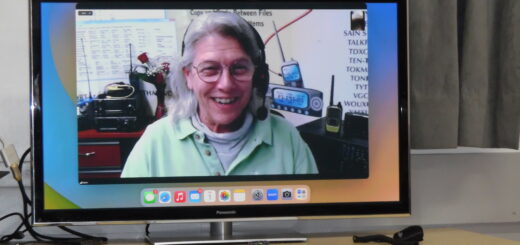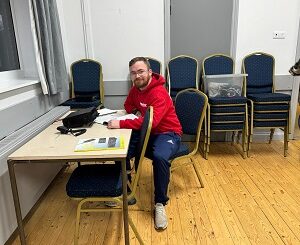The European Radio Amateurs’ Organization (EURAO) is an international federation that unites amateur radio operators and associations across Europe and beyond. It was founded to promote collaboration among national and regional amateur radio groups, advocating for the interests of radio enthusiasts while fostering international cooperation.
EURAO aims to complement the work of traditional national societies by providing an inclusive and open platform for all radio amateurs, regardless of their affiliation. It encourages knowledge sharing, technical experimentation, and emergency communications while working to protect and expand access to radio frequencies.
One of EURAO’s key missions is to facilitate engagement between amateur radio communities, ensuring that operators from different countries can collaborate on projects, contests, and emergency preparedness initiatives. The organization also provides training resources, promotes radio-related educational activities, and supports innovative technology development within the hobby.
Unlike some larger, long-established radio organizations, EURAO places a strong emphasis on direct engagement with individual operators and smaller groups, making it accessible to those who might not be part of national societies.
By advocating for the interests of amateur radio at the international level, EURAO helps ensure the sustainability and growth of the hobby, keeping the spirit of radio communication alive in the digital age.
More information on UNESCO
The United Nations Educational, Scientific and Cultural Organization (UNESCO) is a specialized agency of the United Nations. It is dedicated to promoting global peace and security through international cooperation in education, science, culture, and communication. It was Founded in 1945, its mission is to foster intellectual and cultural solidarity among nations, ensuring that knowledge and heritage are preserved and shared for the benefit of all humanity.
UNESCO is best known for its World Heritage Program, which designates and protects sites of outstanding cultural and natural significance, such as the Great Wall of China and the Grand Canyon. It also plays a key role in promoting literacy, free expression, and access to education, particularly in developing countries, through initiatives like Education for Sustainable Development (ESD) and the Global Education Monitoring Report.
In the field of science, UNESCO supports efforts to tackle global challenges such as climate change, biodiversity loss, and water management, encouraging international collaboration in research and innovation. It also advocates for the safety of journalists and freedom of the press through its International Programme for the Development of Communication (IPDC).
Through its work, UNESCO aims to build a more inclusive, knowledgeable, and peaceful world by promoting dialogue, cultural diversity, and sustainable development. Ensuring that future generations can benefit from the world’s shared intellectual and cultural heritage.




